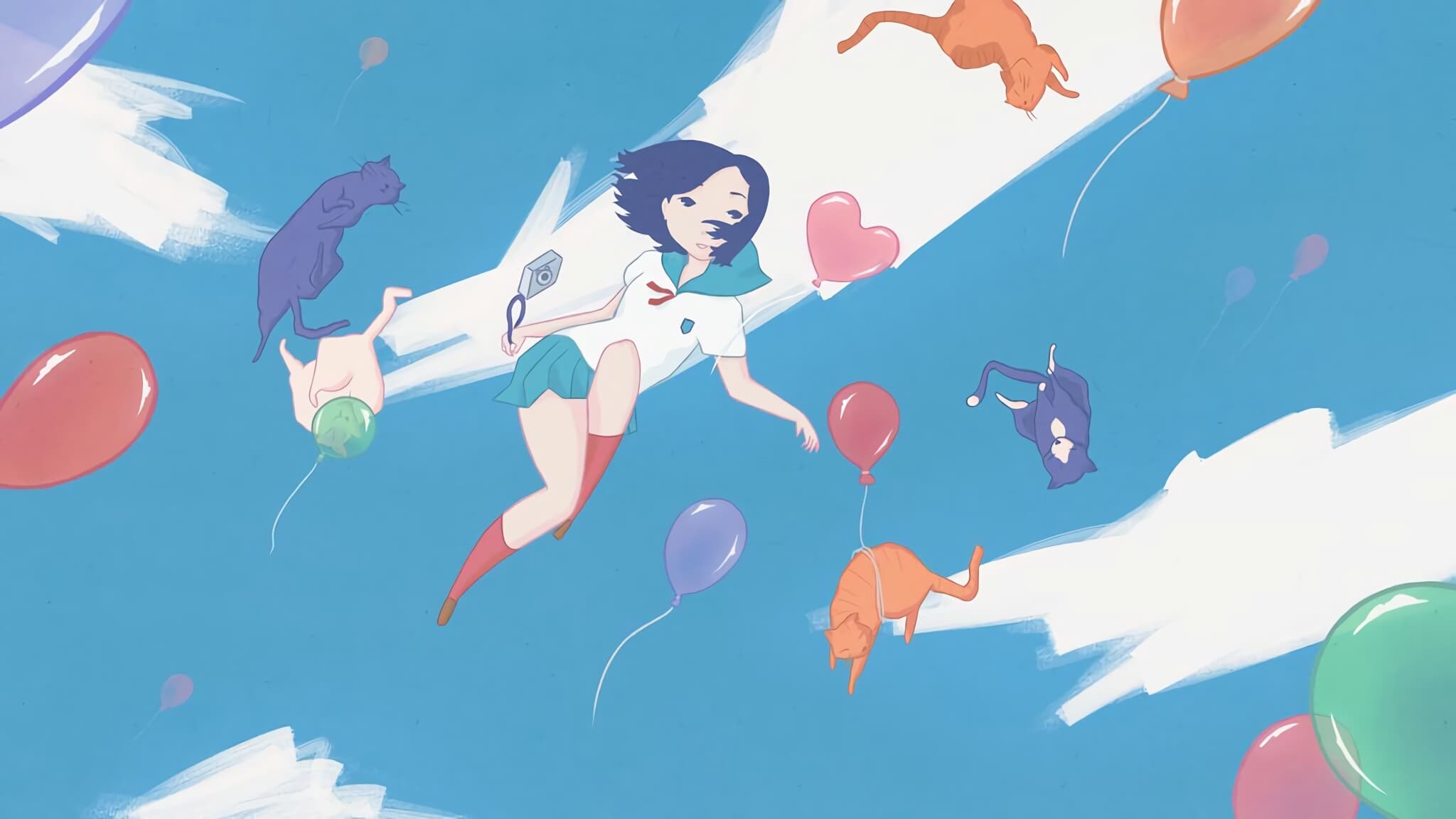October 26, 2025

I like animation a lot, maybe a bit more than live action media. There’s an inherent level of care and creativity required to do animation, as opposed to working within the confines of the real world. I don’t mean to diminish the art of filmmaking, far from it, but I often find myself wondering if some element of a film that I notice was added with intent, or purely unintentional, or as Bob Ross would put it, a happy little accident.
I feel like there’s less of that in animation. If you ever saw an animation storyboard, you realize that everything you see is there with intent, because it had to be drawn there in the first place. Animation makes the director consider pacing, framing, composition, blocking, the movement of each character, even the environments in which the action takes place. Everything is done from scratch, you don’t scout a location or build a set, you don’t have actors improvise, you have to consider everything. Even the length of a handwaved needs to be timed before it is animated, and if you saw any Ghibli documentary, you know how much animators love their stopwatches.
Now, what does that have to do with the title? Well, I just wanted to preface by confessing my love for the medium. I tend to ramble a lot, but this time I felt like some context was necessary. I’m about to highlight a fantastic piece of writing from an awesome series, and people might take one glance at the (awesome) art style or series description and dismiss my point entirely. Why is that? Why can’t goodness hide in the most unexpected places? Why can’t a Christmas commercial or a video game hide a nugget of great writing? I learned to be less prejudiced about such things, and I greatly benefited from it.
Lastly, I want to say that my favorite style of writing, particularly for descriptions, is what I like to call as ‘sensorial’. I don’t know what the proper term is, and I like mine so much that I don’t care to find out. I’m not an academic, nor do I have a degree in literature. The best example I can provide is the writing of Camus in The Stranger. It’s the type of vivid description that you seem to experience with all senses, a powerful stimulation of your imagination. World come off the page and become alive in your mind.
Fuujin Monogatari, or Windy Tales, is a Japanese animation series (or anime for short). Here is the series blurb from Plex: Nao, an 8th-grade Digital Camera Club manager, meets a wind-controlling cat on her photo spot. After falling from a roof, she joins friends and mysterious figures connected to a secretive Wind Festival.
That sounds very out there, and it might make you believe that the series is a wild ride of crazy misadventures, yet the actual tone of this anime is one I would best describe as floaty . There is a new story in every episode and a faint overarching storyline, but the main point of each story is to present this little piece of relaxing animation, a small escape from the daily worries of life. This is reflected in the loose and pastel-like art style, the mellow and nostalgic soundtrack from Kenji Kawai, and even the main theme of flying, giving the anime a dreamlike quality. That’s not to say that there isn’t conflict in the series, only that the conflict is more mundane, the sort of which one deals with in a coming of age story. There is one injury that takes place in an episode, with the actual conflict being around the context in which that injury takes place, and even one death, only it is not sustained in combat or due to some illness, but presented as a natural part of life.
When I was watching the series, I heard this piece of dialogue in episode five. I’ll spare you the full context; only know that it is a conversation about a teacher explaining the joy of backpacking and travelling alone to exotic places to one of his pupils, and this conversation is taking place in the school’s medical cabinet:
Nao: You waited for the sunset for Six days?
Mr. Makino: Stupid, right?
Nao: l've never done anything like that.
Mr. Makino: You have a chance to do
Nao: How can l do it?
Mr. Makino: First, you must think of going, then you pack your luggage. Where do you want to go? What do you want to do?
Set your own travel plan. For hotels, cheap ones are fine.
Showers dont always work in some places.
In others, sand comes out along with the hot water.
The single beds in those hotels are around the size of this one.
That's why l'm lying on the bed here, curling up my legs.
I can quietly feel those directionless vacations returning.
The pitch black outside the window. A night without stars.
The cries of animals and chirps of insects can be heard wherever you are.
Remnants of light scatter over the water after a storm.
Mud upon the river, like melted rust. The golden seaweed floating on top of the water.
Large brightly colored flowers alongside the road.
Tall coconut trees filled with bitter juice.
Summer air, damp air, and a car's exhaust.
And also the mutter of unknown speech.
The people that walk about don't care.
I start to sweat since l'm not used to the weather.
Large sweatdrops flow from my neck to my waist.
Pressing onward while drinking warm, sweet cola.
The unidentified multi-colored birds, flying between the tree branches.